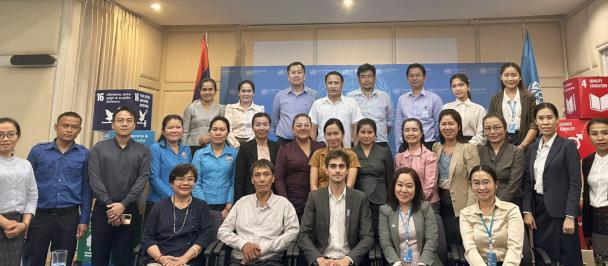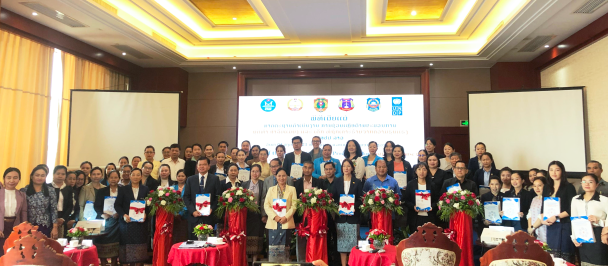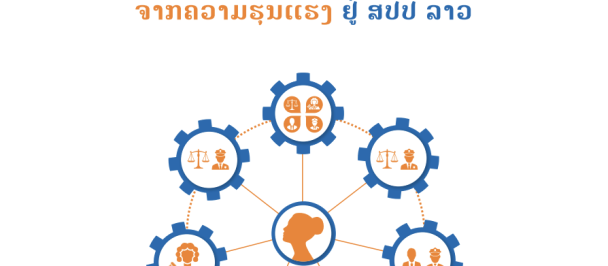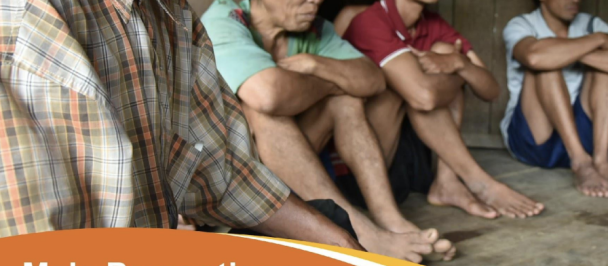Justice Sector Develop Procedures to Eliminate Violence Against Women in Lao PDR
August 19, 2022
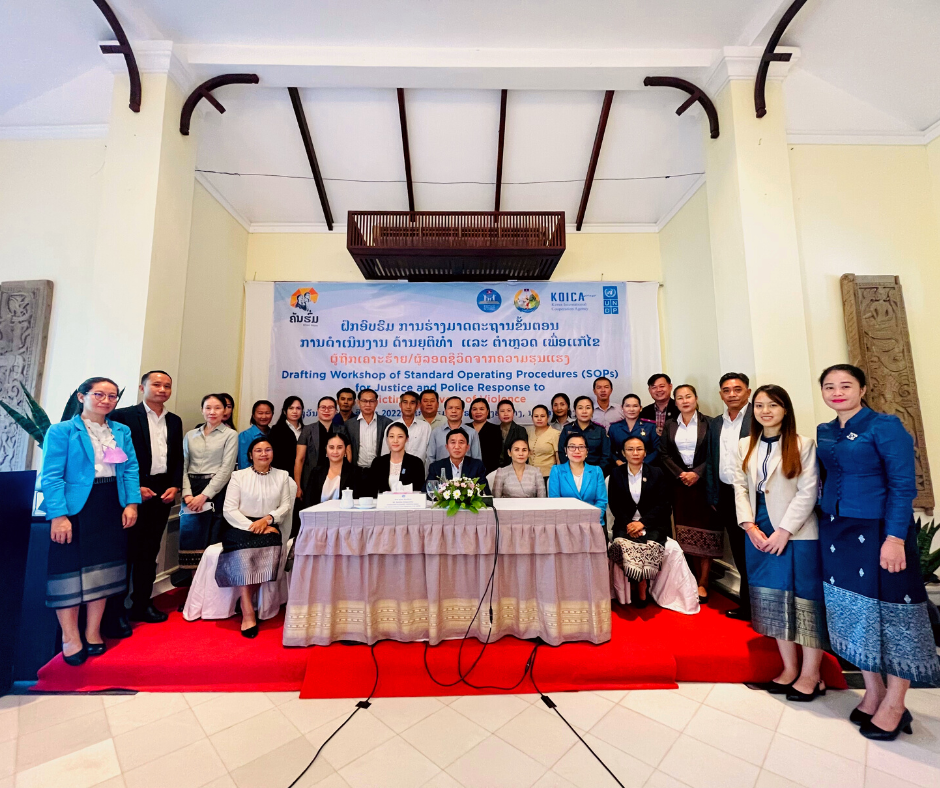
15-19 August, Luang Prabang- Violence against women continues to be a major problem in Lao PDR that poses an obstacle to achieve equality of men and women in our society. The government plays a critical role in working toward the elimination of violence against women, in particular through the justice and policing sectors, in protecting women, holding perpetrators accountable, and ensuring justice for survivors.
The National Commission for the Advancement of Women, Mother-Child (NCAWMC) together with the United Nations Development Programme (UNDP) organized a workshop to initiate drafting of procedures for the Justice and Policing Sector to prevent and respond to violence against women.
“Interventions by justice providers can potentially mitigate both the short-and long-term effects of violence against women, girls, and children”, said Ms. Hyreen Park, Deputy Country Director of the Korea International Cooperation Agency, “Developing this SOP is one of the main components of the KOICA Gender Project [Khan Hom Project] supported by KOICA and through it, we aim to [establish a] support service model for victims of violence against women to receive justice and enhance providers’ capacity for better and safe services.”
This workshop brought together key members of the four justice agencies in Lao PDR to develop procedures clearly outlining different steps and responsible parties to help victims and survivors of violence to access the legal system and ensure that they receive justice. The four key agencies include the Ministry of Justice, Police, Prosecutors, and Judiciary.
Currently, there are no standard procedures for coordination between the justice service providers that can be referred to when responding to cases of violence. Thus, when cases of violence occur, rather than going directly to report with the authorities, many who had been through such experiences continue to remain in silence.
“The Justice and Policing sector play an especially crucial role as it is the only sector that can hold perpetrators accountable for their actions and send a message to society that violence will not be tolerated in Lao PDR”, stated Ms. Ricarda Rieger, the Resident Representative of UNDP Lao PDR, “Therefore, this SOP will be very important to ensuring all victim/survivors of violence are able to receive justice equally.”
During the five-day workshop, gaps in current procedures were identified and practical instructions for service providers to prevent and respond to violence were discussed.
In his opening remarks, H.E. Bountha Thongyerthao, Vice Minister of the Ministry of Justice and Vice Chairperson of NCAWMC, highlighted that “all societal and community institutions must pay specific attention to preventing violence against women as it is an obstacle to the realisation of basic human rights.” He asked participants “to make utmost efforts through this process, use this opportunity to consult with and learn from each other, and exchange knowledge to ensure that the SOP is pursuant to the laws currently in place and can be practically implemented given the actual situation of Lao PDR.”
Key members of the justice ministries will finalize the first draft of these procedures and present to stakeholders in preparation for consultation meetings in the coming months.
The Khan Hom Project is a partnership between KOICA, LWU, NCAWMC, United Nations Population Fund (UNFPA), and UNDP to strengthen institutions’ capacity to deliver consistent and quality health, social, and justice services so that victim/survivors of violence in Lao PDR are able to receive holistic multisectoral support.
Learn more about Khan Hom Project: bit.ly/KhanHomProject-LaoPDR
Want to read more about the SOP development process? Read a previous article here bit.ly/JusticeSOP1
For more details, please contact:
Ms. Sinsavanh Sonepaseuth
Communications and outreach officer, UNDP
Lane Xang Avenue, P.O. Box 345
Vientiane, Lao PDR
sinsavanh.sonepaseuth@undp.org
+856 20 9729 8848

 Locations
Locations
